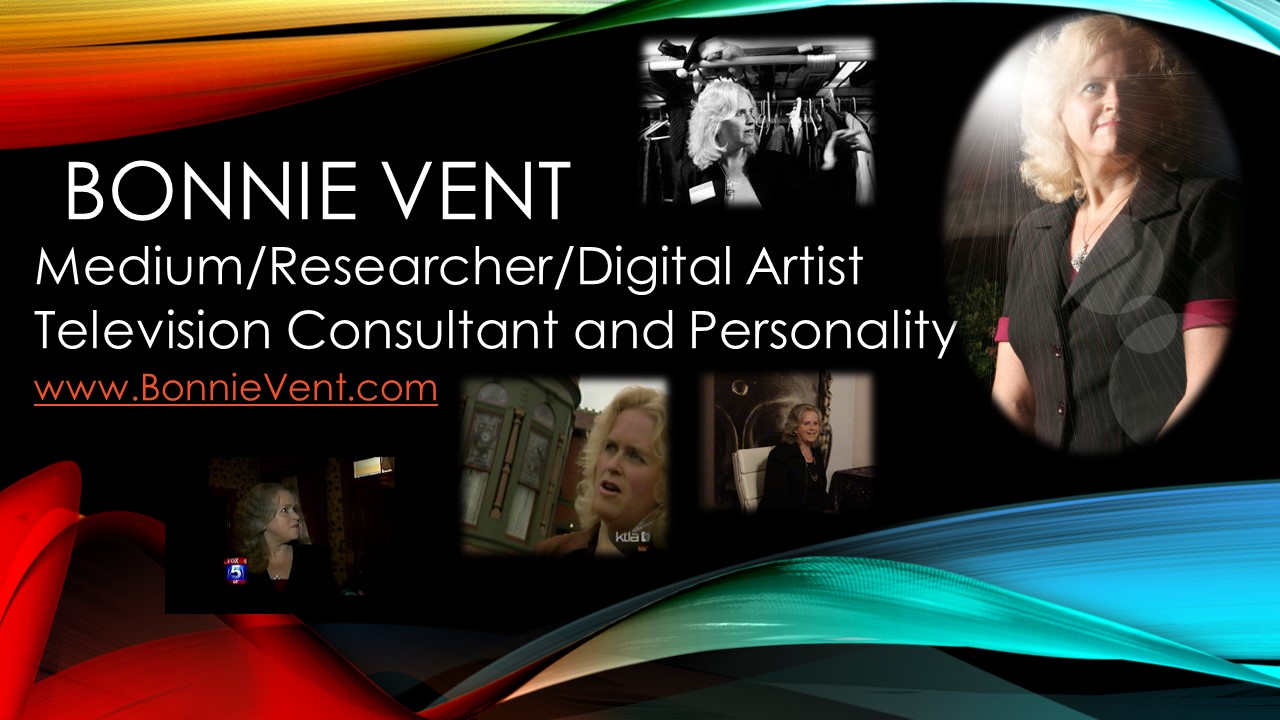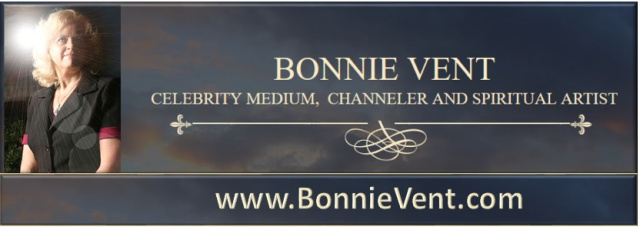About half of Americans believe in ghosts, according to a 2003 Harris poll. Since the scientific evidence for ghosts is shaky at best—and since relatively few people claim to have personally seen a ghost—most people get their information about them through the media.
Steven Spielberg, who wrote and produced "Poltergeist," is well known for his influence on pop culture in general. But his films have also shaped the public's perception of the paranormal. His successful films often include supernatural themes, including ghosts, aliens (e.g., "Close Encounters of the Third Kind," "E.T.: The Extra-Terrestrial," and "War of the Worlds"); miracles (the Indiana Jones series); and psychic powers ("Minority Report").
While audiences know the films are entertainment, there is a clear (if subtle and sometimes subconscious) influence on their beliefs about these topics.
Many horror films (including "The Amityville Horror" and "The Exorcist," to name two blockbusters), claim to have been based on a true story or real events. There is of course much creative license taken, and when those "true stories" are investigated, they turn out to be hoaxes or heavily embellished accounts of non-supernatural events. Entertainment depictions of ghosts and demons not only encourage the public's belief, but also inspire other stories. The Amityville story didn't appear in a vacuum; the "true" (actually fictional) account borrowed story elements from (and capitalized on the pop culture interest in) "The Exorcist," which came out several years earlier.
People who report real-life encounters with ghosts often take their cues from fictional accounts. For example, many believe that pets act strangely in the presence of spirits, that psychic mediums can contact the dead, and that scientific equipment can detect ghosts. These are unproven theories and fiction-friendly speculation depicted in film
In "Poltergeist" and other supernatural horror films, the paranormal phenomena is obvious, incontrovertible, and clearly mysterious (such as objects flying around a room by themselves). Unfortunately, in real cases of claimed hauntings, the evidence is far less impressive and far more ambiguous (ghosts are said to create odd feelings or curious—but not unexplainable—white spots in photographs). As always, the story gets better in the retelling.
Benjamin Radford is LiveScience's Bad Science columnist, managing editor of Skeptical Inquirer magazine, and author of three books. He has investigated haunted houses and written articles about the true stories behind film such as the "Texas Chainsaw Massacre," "The Exorcist," and "The Amityville Horror." They can be found on his website.


